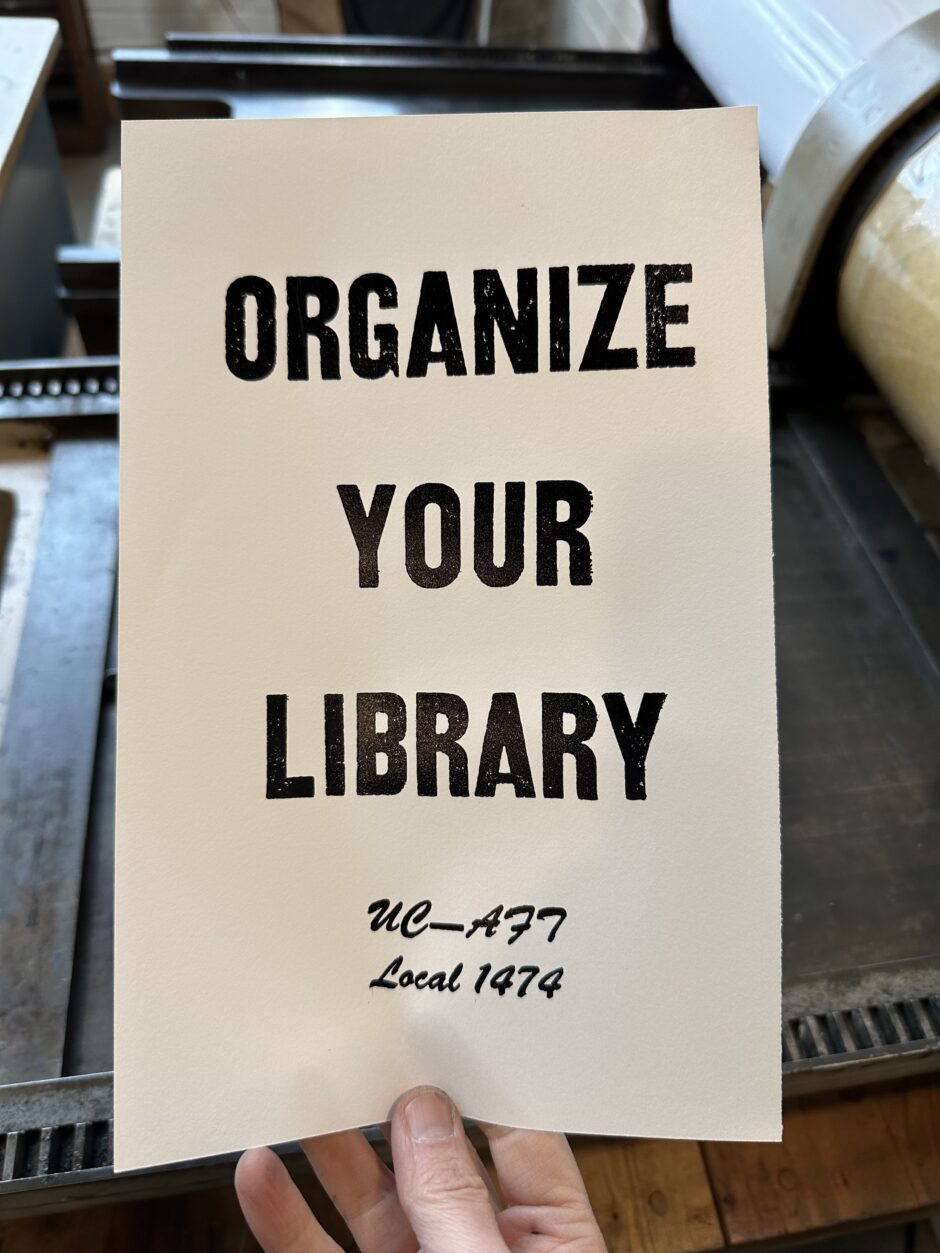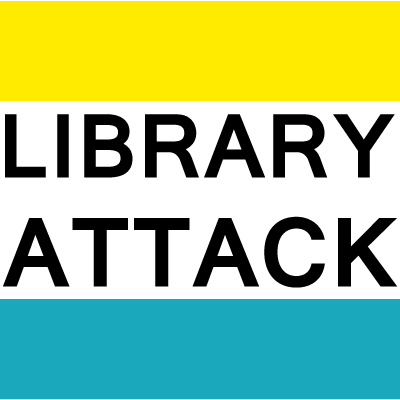
I’ve been thinking a lot about the impossible task of trying to hold decaying institutions together while a fascist coup burns through all of our structures. We have to try to preserve and persevere because there’s no other choice. A couple of things I read lately have helped me focus these thoughts.
First is this post by Ethan Marcotte about moving on from 18F. I really appreciate his experience and the insights he shared. The thing that really resonated with me was the lines he would cross (especially not working on projects that would kill or surveil people) – not just because they reflect a set of values, but because they were a clear articulation and signal of his values and principles.
Another piece that has stuck with me is Siobhan Haimé’s recent piece on Clarivate’s move away from ebook purchasing to licensing. The question she raises throughout the article is, “who does this serve?” This should be a question any librarian asks when we make any decision… and yet… it feels like we’re just rolling over to Clarivate due to feeling helpless. We’re just the outsourced tech support and content peddlers. (That’s sarcasm.)
And the last piece for now is David Zipper’s recent article about TRB’s response to the Trump administration’s executive orders. I’ve been following this very closely since January, and share the concerns and questions about what will this mean for research and our communities. The response from TRB matches many other, similar organizations – worryingly silent on some things, and unnecessary obedience.
I was on a call a couple of weeks ago where somebody was asked about censoring material in a repository, and the repository manager’s response was basically, “We have policies for what we add, and policies for what remove. We will follow those policies.” Reading between the lines, it was clear that there was no policy to remove material because its content wasn’t politically favored.
So to pull these thoughts together I think it’s time for us to really ground ourselves in our professional ethics. (When’s the last time you looked at ALA’s?) I also think we need to make sure we have clear policies to guide us and help us when we’re faced with difficult and compromising decisions. It’s easier to point to a document when refusing to partake in a harmful action than simply saying no. (It’s also good practice.)
And also I think it’s critical we keep asking, “Who does this serve?” and be honest about it.

Leave a Reply